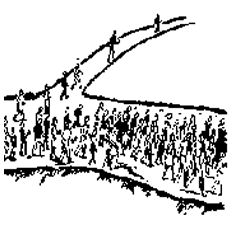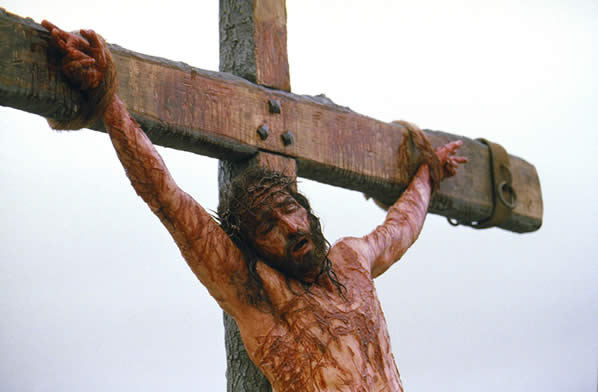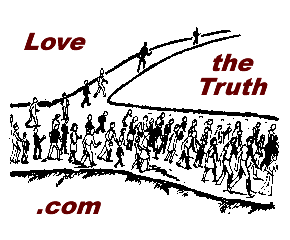Japan is about the size of the state of California. There are four main islands and then the string of Rukyu Islands that reach from the tip of Kyushu Island down almost to Taiwan. Japan is very near China and Korea, and today it is particularly concerned about North Korea and possible threats from that area. More than 127 million people live on the islands that are approximately 70% mountains. About 33 million people live in the greater Tokyo area, the world’s largest metropolis. Nagoya and Osaka/Kyoto/Kobe are two other major metropolitan areas. Japan is very densely populated, one of the highest population densities in the world with 536 people per square mile.
Japan is known for being the home of one of the most homogenous people groups in the world. Over 99 percent of the people are Japanese. More than half of the non Japanese population is Korean. In 2005, for the first time, Japan had a negative birth rate and it is rapidly becoming an aging society. Approximately 20 percent of the population is over sixty five years old. This is the only age group that is increasing in Japan.
Japan is an unreached people group. One of the least evangelized countries in the world even though missionaries entered the country several hundred years ago. Japanese, in general, are indifferent and skeptical toward organized religion. Japanese don’t think it odd to have more than one religion. Eighty four percent of Japanese claim to adhere to both Shinto and Buddhist beliefs. Some 36 percent believe there is life after death, and about the same number believe that death is the end.
Shinto is the native religion of Japan. The Emperor is thought to have descended from the sun and he is thought to be the high priest. Until the end of WWII he was worshipped as a god. Shinto is rooted in animism and its many millions of gods or spirits are known as kami. Buddhism was introduced to Japan in the sixth century and is influential because of its emphasis on ancestor worship. Modern day Japanese tend to think that Buddhism is a native Japanese religion and have forgotten where it originated. Less than one half of one percent of the Japanese are evangelical Christians, which means that less than 1 in every 200 people is a Christian.
SOURCE: About Japan
 I was doing some research today for my ministry and discovered something sad
about Japan—a whopping 65% of Japanese people don't believe in God. I was
startled by that high percentage because in India only 6% of the population
doesn't believe in God. You can read the percentages for other countries in
the hyperlink below...
I was doing some research today for my ministry and discovered something sad
about Japan—a whopping 65% of Japanese people don't believe in God. I was
startled by that high percentage because in India only 6% of the population
doesn't believe in God. You can read the percentages for other countries in
the hyperlink below...
According to Norris and Inglehart (2004, 1998), 6% of those in India do not believe in God. According to a 2004 survey commissioned by the BBC, less than 3% of Indians do not believe in God. According to Norris and Inglehart (2004), 65% of those in Japan do not believe in God. According to Demerath (2001:138), 64% do not believe in God and 55% do not believe in Buddha. According to the 1999 Gallup International Poll, nearly 29% of the Japanese chose “none” as their religion. According to Johnstone (1993:323), 84% of the Japanese claim no personal religion, but most follow “the customs of Japanese traditional religion.”
SOURCE: http://www.pitzer.edu/academics/faculty/zuckerman/Ath-Chap-under-7000.pdf
As of July 2011 Japan's population was 127,368,088 people.[1] That means approximately 82,789,257 people (65% of them) don't believe in God. How tragic! How sad! The predominant religions in Japan today are Shintoism and Buddhism, although most Japanese who are religious don't subscribe to any one religion. Most Japanese who do believe in God share a blend of religious beliefs and religions, none of which are Biblical Christianity.
Shockingly, less than 0.005% (1-in-200) of the Japanese population are professing Christians...
So of 127,368,088 Japanese people, a precious 126,731,247 of them are hellbound in their sins without Jesus Christ. Oh how can this be? Where are the missionaries? Jesus said in Mark 16:15a, “GO YE INTO ALL THE WORLD, AND PREACH THE GOSPEL TO EVERY CREATURE.”
According to Missionary Director, Dr. Minoru Okuyama[2], the reason why less than 1% of Japanese profess Christianity is because the Japanese people value relationships more than truth or principles. No one wants to disrupt the harmony in their family and community. In contrast, countries like China and Korea have been more receptive to Christianity because in those nations the people value truth and principles more. It's all so tragic! Can you imagine... 99.5% of an entire nation perishing in their sins without Jesus Christ and spending eternity in the fires of Hell?
Literally, 199 out of every 200 Japanese people are going to be punished in the Lake of Fire forever and ever!!!
John 3:17-18 “For God sent not his Son into the world to condemn the world; but that the world through him might be saved. He that believeth on him is not condemned: but he that believeth not is condemned already, because he hath not believed in the name of the only begotten Son of God.”
2nd Thessalonians 1:8: “In flaming fire taking vengeance on them that know not God, and that obey not the gospel of our Lord Jesus Christ: Who shall be punished with everlasting destruction from the presence of the Lord, and from the glory of his power.”
Revelation 20:15, “And whosoever was not found written in the book of life was cast into the lake of fire.”
The need for Japanese missionaries has never been greater. Who will go with the Gospel? Who will reach these people for Christ?

